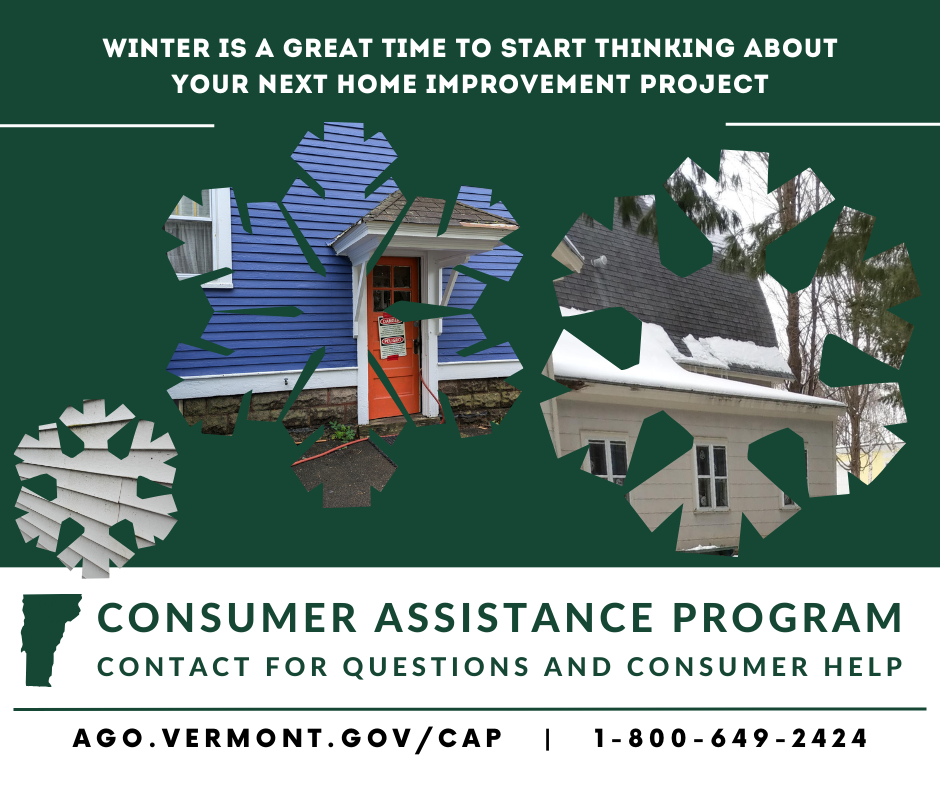As Vermonters, we are no strangers to cold temperatures and snow-filled winters. Winter can be long and cold, with temperatures ranging from single digits to below zero. This is why home heating is essential, especially during the colder months of the year. Currently, we are in the middle of heating season, which occurs every year from November 1st to April 15th. Heating season is one of the busiest times of year for heating fuel providers.
Whether it be the snow causing delays on the road or preventing trucks from safely accessing your tank to tight schedules for deliveries, here are some tips that could potentially avoid delays in your delivery of heating fuel:
Making a Plowing Plan
Be aware of upcoming weather events that may affect your expected delivery. If you are expecting a delivery during a snowstorm or after snowfall, make sure your driveway is adequately plowed and sanded so the truck can safely drive up to your tank. Live on a private drive? Call your provider to make a plan to ensure the delivery can occur as scheduled.
Calling Ahead
Keep an eye on your tank gauge during the colder months, regardless of your delivery status. For example, if you are on will call, it is generally recommended to call your provider while your tank is between 40-30% full. However, each provider may have their own requirement, so check with your provider to see when a delivery should be scheduled.
Having a tank at 10% can make you vulnerable to running out of heating fuel, especially during heating season when your providers’ delivery schedule can quickly fill up. Waiting to schedule a delivery may result in an emergency delivery fee or special trip charge to avoid a no heat situation.
Shopping Around
If you own your tank and do not have a contract with a specific provider, you may be able to call other providers. For example, No. 2 fuel gives you the ability to contact other providers in your area if your usual provider cannot schedule you. On the other hand, propane can be different. If you are looking to switch providers, this may require a tank swap. Vermont has specific protections for propane customers when requesting termination of service from your provider. Call CAP for more information.
Still having trouble with a delivery? Call CAP at (800) 649-2424 or email us at AGO.CAP@vermont.gov.
If you or someone you know is having trouble affording heat this winter, there are programs in Vermont that may be able to help. Please see our past Staying Warm This Winter post for additional information.
The Vermont Attorney General’s Office enforces a Consumer Protection Rule (CP 111) specific to the regulation of propane. Propane consumers are entitled to, among other rights: the disclosure of fees before service begins, notice of changes to fees or new fees, notice prior to a change in credit status, and certain protections for disconnections.
Have questions about the Consumer Protection Rule (CP) 111? Call CAP at (800) 649-2424.
CAP provides a letter mediation service for consumer issues facing Vermont residents. If you have experienced an issue with your home heating provider, contact the Consumer Assistance Program.



